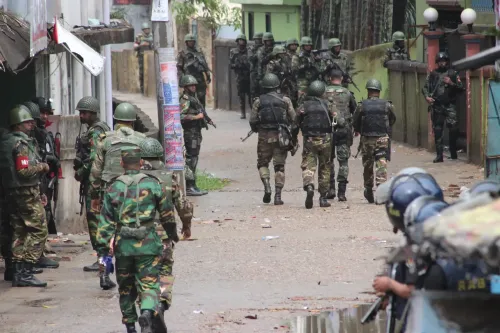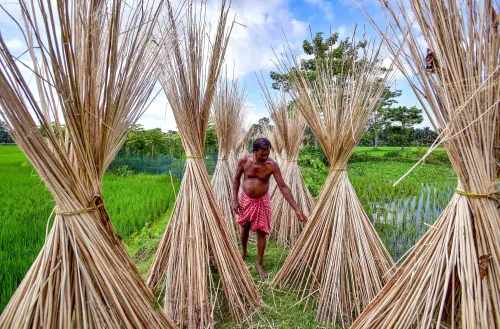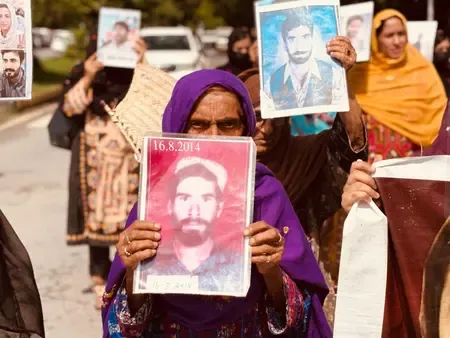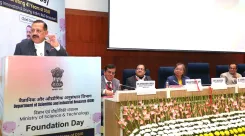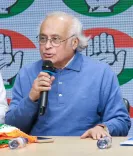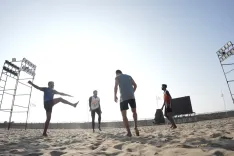Will Special Counsel Successfully Question Ex-President Yoon?
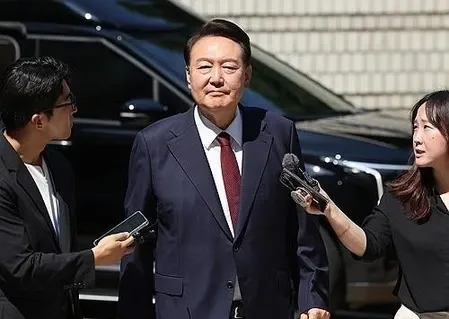
Synopsis
Key Takeaways
- Former President Yoon Suk Yeol is facing serious legal challenges.
- The special counsel team is determined to question him regarding his martial law actions.
- Yoon's refusal to comply could lead to an indictment without further questioning.
- His previous arrest highlights ongoing issues of accountability in leadership.
- This case is pivotal for the future of governance in South Korea.
Seoul, July 15 (NationPress) A special counsel team is preparing to make a second attempt on Tuesday to summon former President Yoon Suk Yeol from his detention cell for questioning regarding his controversial martial law initiative.
The team, led by special counsel Cho Eun-suk, has requested that the Seoul Detention Center in Uiwang, located just south of the capital, bring Yoon to its interrogation room by 2 p.m., as reported by Yonhap news agency.
Since his second arrest last Thursday, the former president has consistently declined to respond to multiple summonses from the special counsel team.
On Monday, the team attempted to have correctional officers escort him to their office, but they retracted their request after he refused to leave his cell, acknowledging that they could not enforce compliance due to his status as a former president.
The likelihood of Yoon agreeing to cooperate on Tuesday appears slim.
If he remains uncooperative, the special counsel team may choose to visit him at the detention center for questioning, though there remains a possibility that Yoon could still refuse to engage.
Should this pattern continue, the special counsel might proceed to indict Yoon without further questioning.
Yoon faces five significant charges, including infringing upon the rights of Cabinet members by convening only a select few for a meeting immediately before declaring martial law on December 3.
Additionally, he is suspected of fabricating a false martial law declaration document post-December 3 to bolster the legitimacy of his actions, subsequently having it signed by then Prime Minister Han Duck-soo and then Defense Minister Kim Yong-hyun before disposing of it.
This marks Yoon's second arrest; the first occurred in January while he was still in office. However, a court later approved his request to annul the arrest, resulting in his release in March.
Since then, Yoon has been facing trial for charges related to insurrection and abuse of power concerning his unsuccessful martial law initiative.


